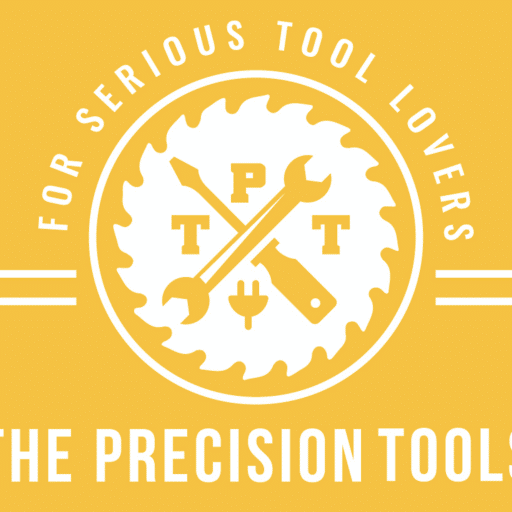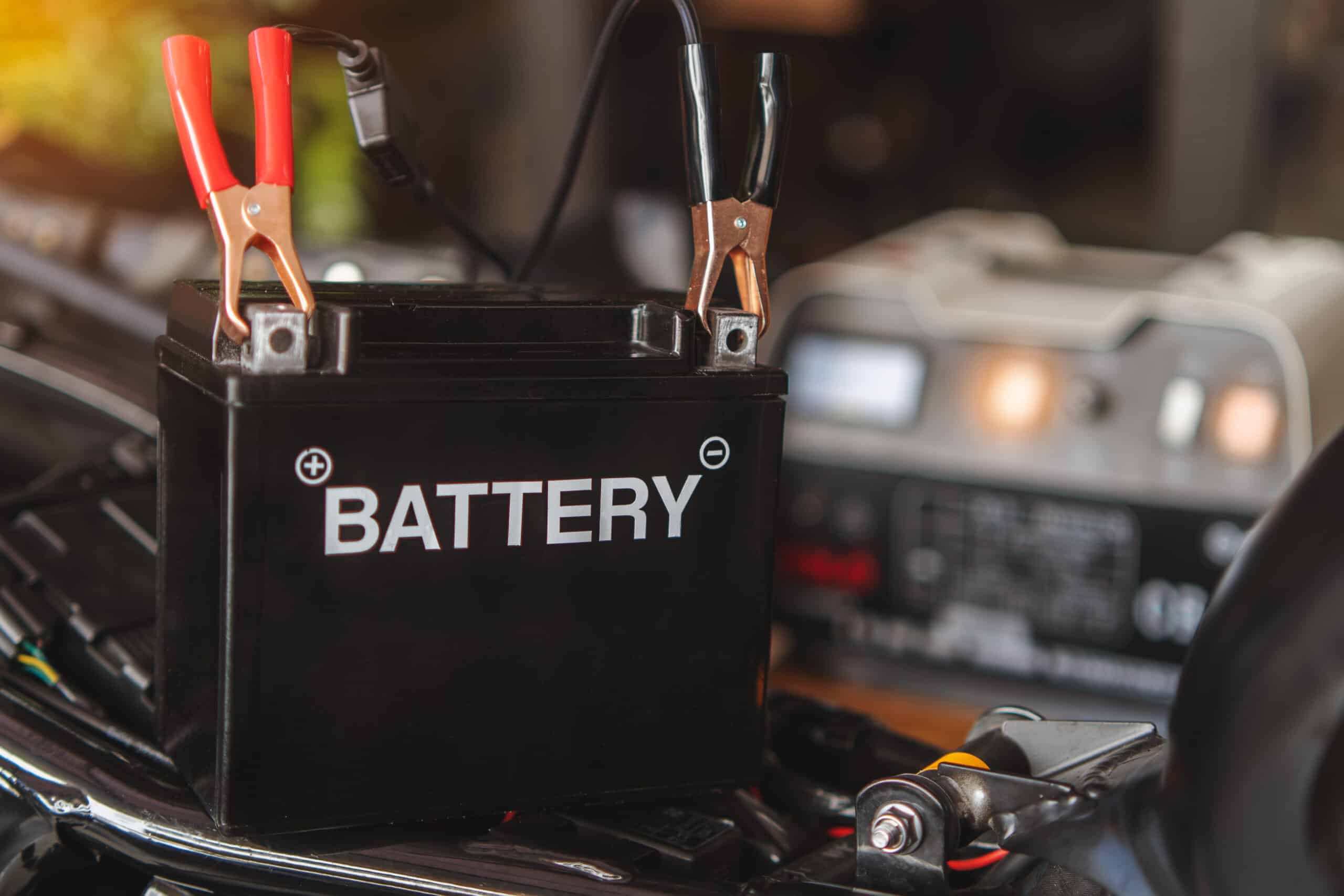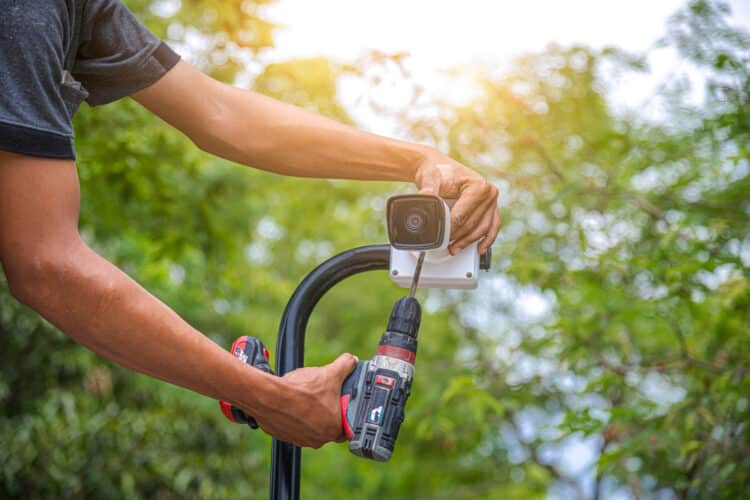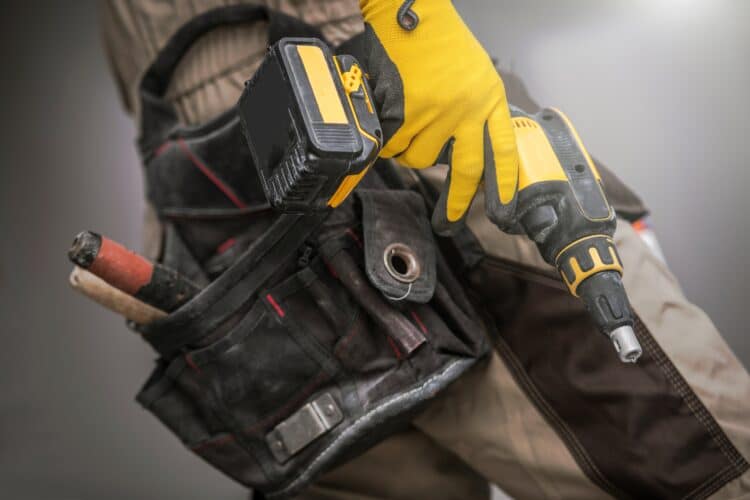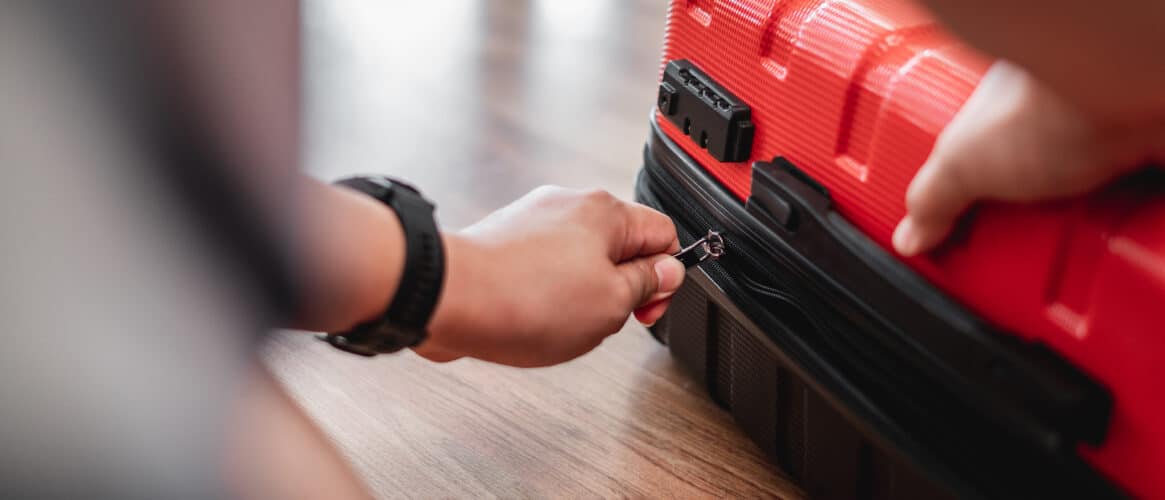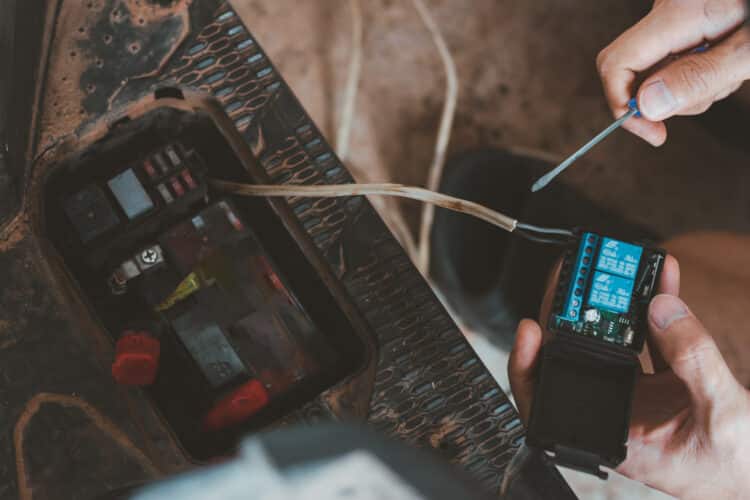Do old style Ryobi batteries fit new tools?
Key Takeaways
- Old style Ryobi batteries are compatible with new Ryobi tools.
- The Ryobi ONE+ battery platform is designed to be backward compatible, allowing users to use the same batteries with both old and new tools.
- The compatibility between old style Ryobi batteries and new tools brings cost savings, convenience, flexibility, and sustainability benefits to users.
Yes, old style Ryobi batteries are compatible with new Ryobi tools. This is great news for those who have invested in the Ryobi ONE+ battery platform and want to upgrade their tools without having to buy new batteries as well.
Backwards Compatibility
Ryobi has designed their ONE+ battery platform to be backward compatible, meaning that the new batteries can be used with older Ryobi power tools. This is a major advantage for consumers as it allows them to keep using their existing batteries and expand their tool collection without any compatibility issues.
Whether you have an old Ryobi power tool or a new one, as long as it is part of the ONE+ battery platform, you can use the same batteries interchangeably. This not only saves you money but also reduces waste by extending the lifespan of your batteries.
Benefits of Compatibility
The compatibility between old style Ryobi batteries and new tools brings several benefits to users:
- Cost savings: By utilizing the same batteries, you don’t need to invest in additional batteries when upgrading your tools.
- Convenience: With backward compatibility, you can easily switch between your old and new tools without worrying about battery compatibility.
- Flexibility: The ONE+ battery platform offers a wide range of tools, so you have the freedom to choose the tools that best suit your needs without being limited by battery compatibility.
- Sustainability: Extending the lifespan of your batteries reduces waste and contributes to a more sustainable environment.
Source References:
FAQs:
Q: Do old style Ryobi batteries fit new tools?
Yes, old style Ryobi batteries may fit new tools depending on their compatibility. It is important to consider the physical design and electrical requirements of both the battery and tool. Some potential issues may arise if using old style batteries in new Ryobi tools, such as reduced performance or compatibility issues.
Q: What are the different types of power tool batteries available in the market?
There are several types of power tool batteries available in the market, including lithium-ion (Li-ion), nickel-cadmium (Ni-Cd), and nickel-metal hydride (Ni-MH) batteries. Each type has its own characteristics and advantages, such as longer lifespan, higher energy density, or lower cost. It is important to choose the right type of battery based on your specific needs and preferences.
Q: How can I determine the battery compatibility for specific Ryobi tool models?
To determine battery compatibility for specific Ryobi tool models, it is recommended to consult the user manual or reach out to the manufacturer’s support. They can provide detailed information about which batteries are compatible with your specific tool. Prioritize safety and reliability when selecting power tool batteries to ensure optimal performance and longevity of your tools.
Q: What are the features of the new style Ryobi batteries?
The new style Ryobi batteries feature advancements in design and technology. They may have improved power output, longer runtime, faster charging capabilities, or compatibility with newer tool models. These batteries are designed to enhance the performance and efficiency of Ryobi power tools, providing a better user experience.
Q: Why is battery compatibility important for power tools?
Battery compatibility is crucial for power tools as using incompatible batteries can lead to reduced performance, potential damage to the tool, or even safety hazards. Different batteries have varying voltage, capacity, and physical dimensions, which need to align with the requirements of the tool. Ensuring proper compatibility helps maintain optimal performance and prolong the lifespan of both the battery and the tool.
